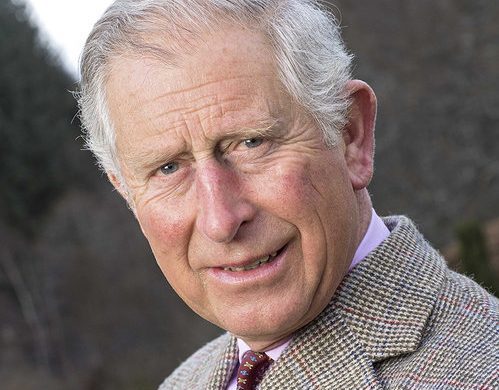
Our patrons
We are so very grateful for the continued support of our Royal Patron The former Prince of Wales, and our Patron Eugene Sarbu
 FARA UK
FARA UK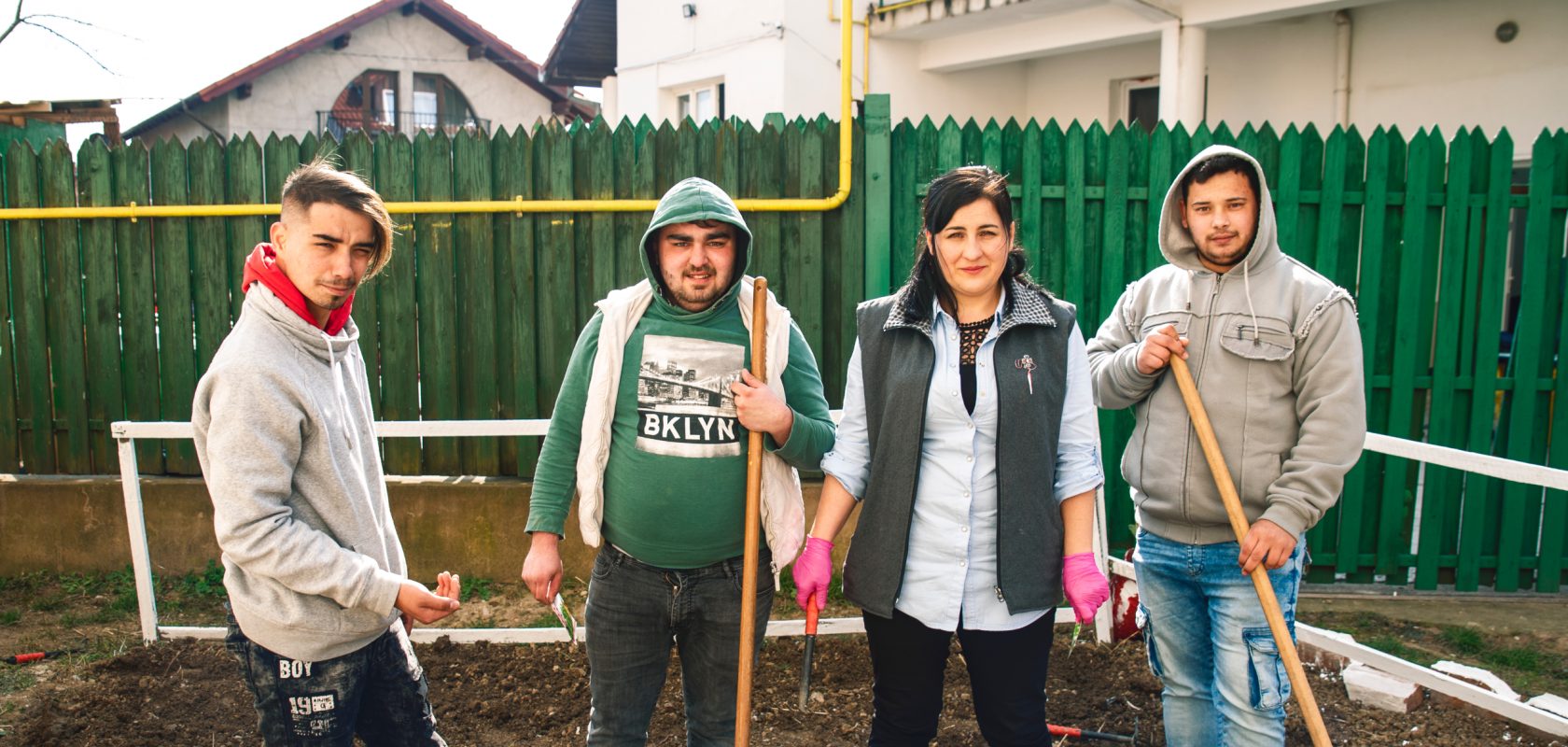
Independent life and work skills for institutionalised and at-risk youth.
Through FARA I have a roof over my head, help for my basic needs, and support for education, formal and informal. But besides this, it has offered hope and belief that I will achieve my goals and the main common goal, becoming independent. I am aware of the efforts made for us. I hope that this program is able to help as many young people as possible.
Student with part-time job
(estimated) are children and young people. Source: EC, Country Report Romania, 2020
leave institutional care in Romania each year, being vulnerable and risking poverty. Source: UNICEF
are not in education, employment or training (NEET), in 2018 - one of the highest rates in the EU. Source: EC, Country Report Romania, 2020
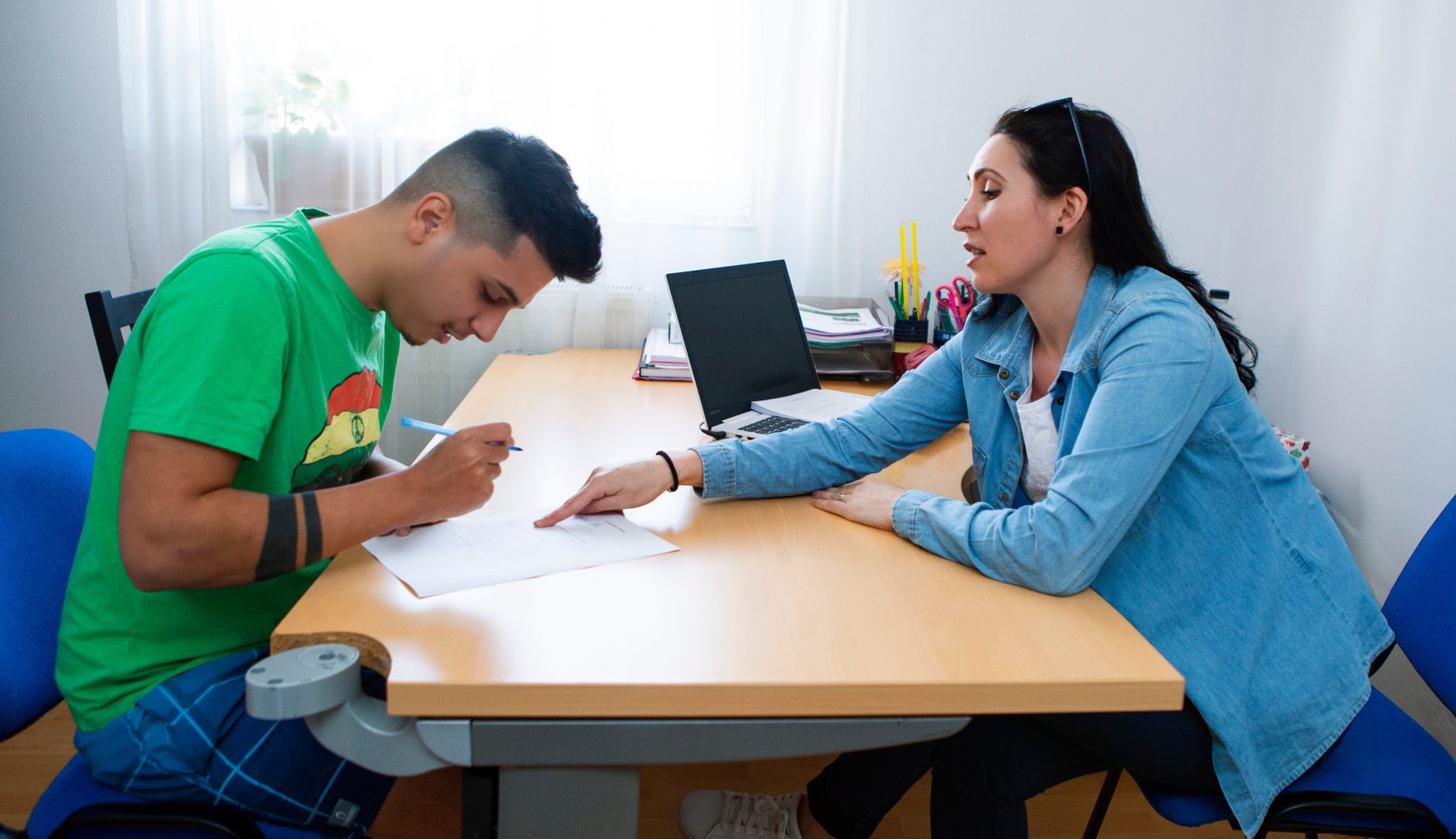
we have helped 320 young people aged 18-26 to access the training and work needed to gain employment and live an independent life. There is a great need in Romania for this kind of holistic approach to support for young people. We want to extend this programme to tackle the levels of poverty and help prevent homelessness amongst the young people of Romania.
Help us make it possibleOHCHR, 2011
Unicef
Young adults seeking help from FARA’s youth programmes are primarily institutionalised care-leavers who might otherwise fall into a spiral of homelessness and poverty. When a child reaches the age of 18, they are discharged from the system and find themselves alone in the world without crucial life skills. FARA offers a safe environment where a young person’s needs can be assessed, and a pathway of support and care established.
FARA supports young adults transition into an independent life, offering life skills, mentoring, medical, training and educational support and assistance in preparation for their adult lives within all FARA programmes. This level of intervention helps prevent a downward spiral of social exclusion, poverty and homelessness. It is a crucial nurturing period, laying down the foundations for their lives ahead of them.
FARA seeks to develop outreach programmes in the community, a drop-in service to give advice and access to training, employment, housing and personal support to a wider community of young people who have no one else to turn to. In this way, they have a real chance to grow and thrive.
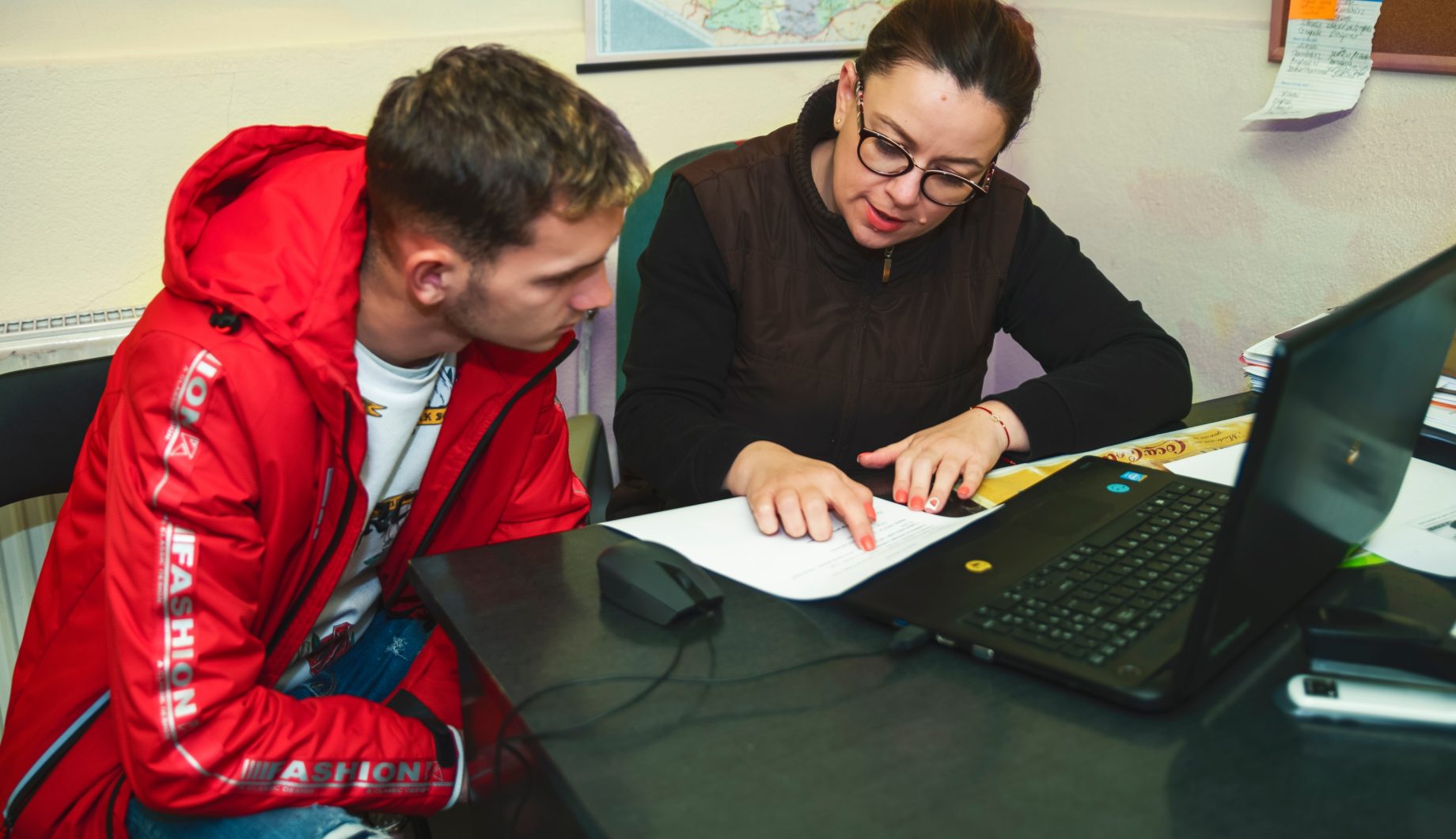
All of us want to develop and to rise as high as possible. Often, we fall, and no one is around. The lack of opportunities represents difficulties for young people like me. I lost all my hopes until I found out about FARA. Now, this centre means a lot to me. I am happy that I have a stable job and can plan on my finances.
I am at this stage thanks to the people working with me here at FARA. We have of course our ups and downs, but the misunderstandings go away very quickly. We receive lots of good advice and support. Thank you.
Andrei’s story is true, but his name and photo have been changed to protect his identity.
You can help young adults like Andrei achieve their full potential and lead independent lives.

We are so very grateful for the continued support of our Royal Patron The former Prince of Wales, and our Patron Eugene Sarbu
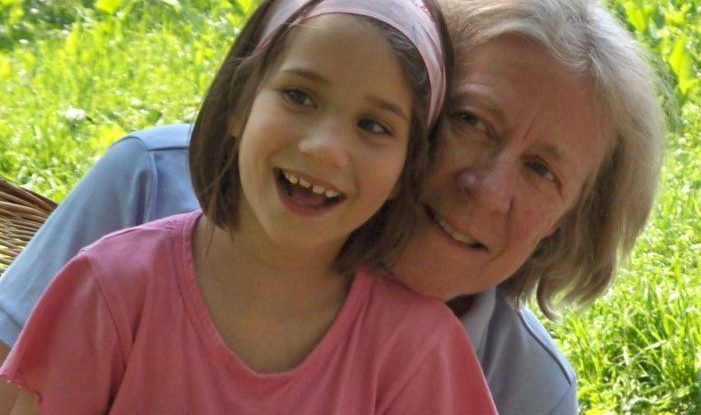
Jane Nicholson first visited Romania in 1991 after watching appalling television images which exposed the cruelty inflicted within state run orphanages during the dictatorship of Nicolae Ceaușescu. She co-founded the charity FARA that same year.
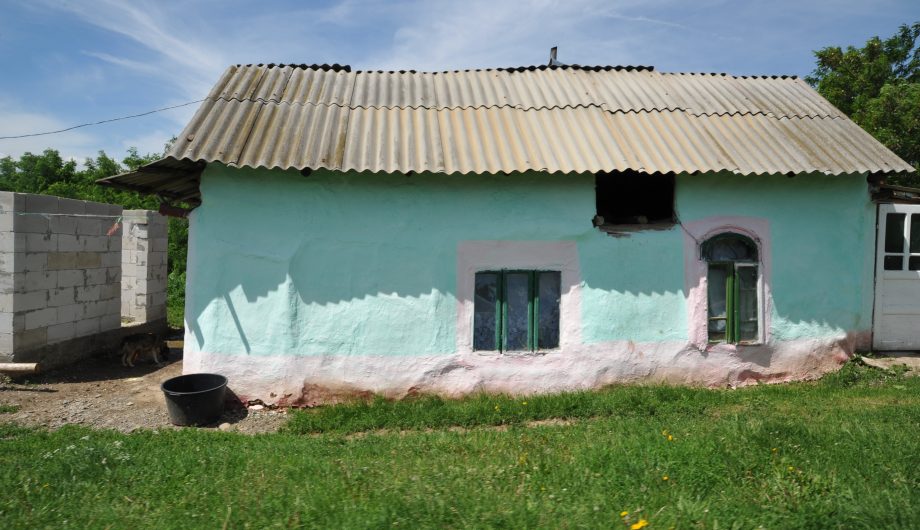
30 years of transforming the lives of the most vulnerable and disadvantaged living in Romania’s poorest communities by offering a family-centred model of care.